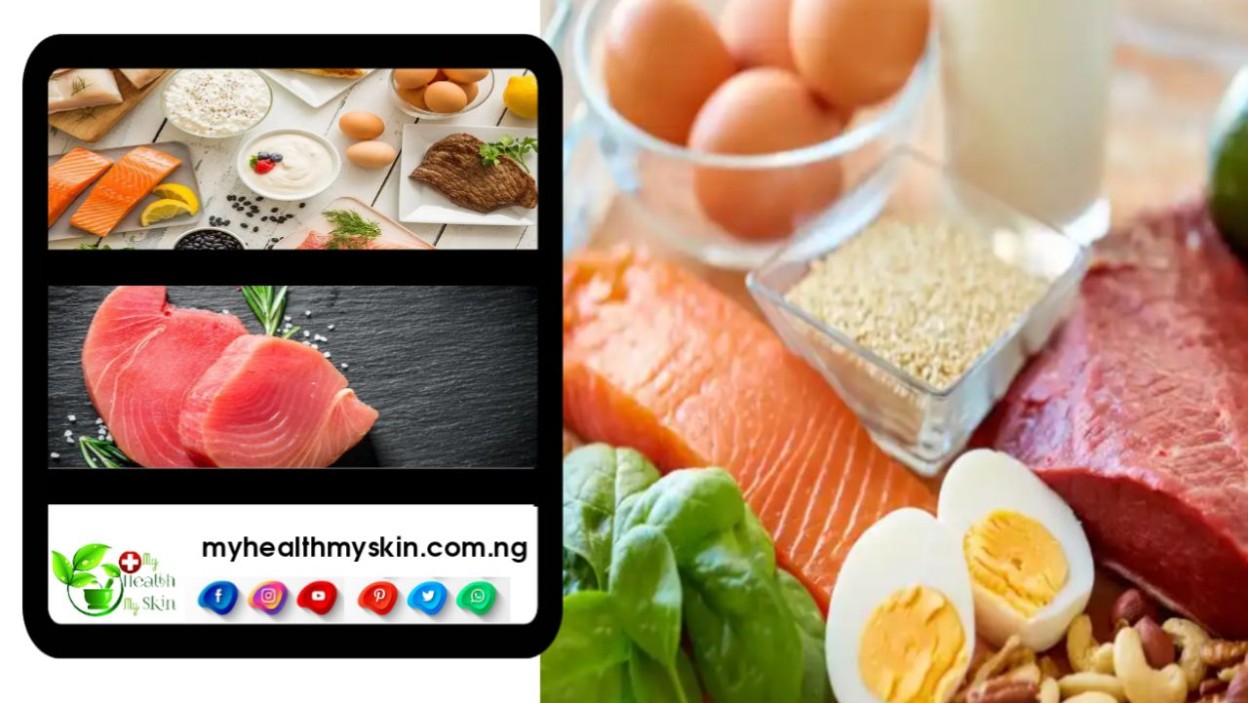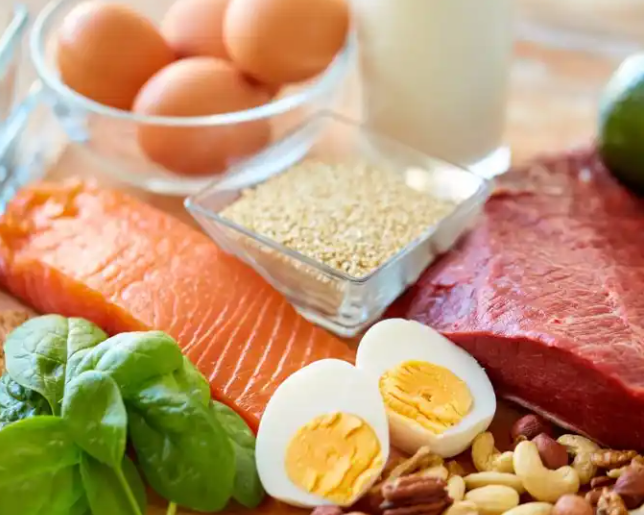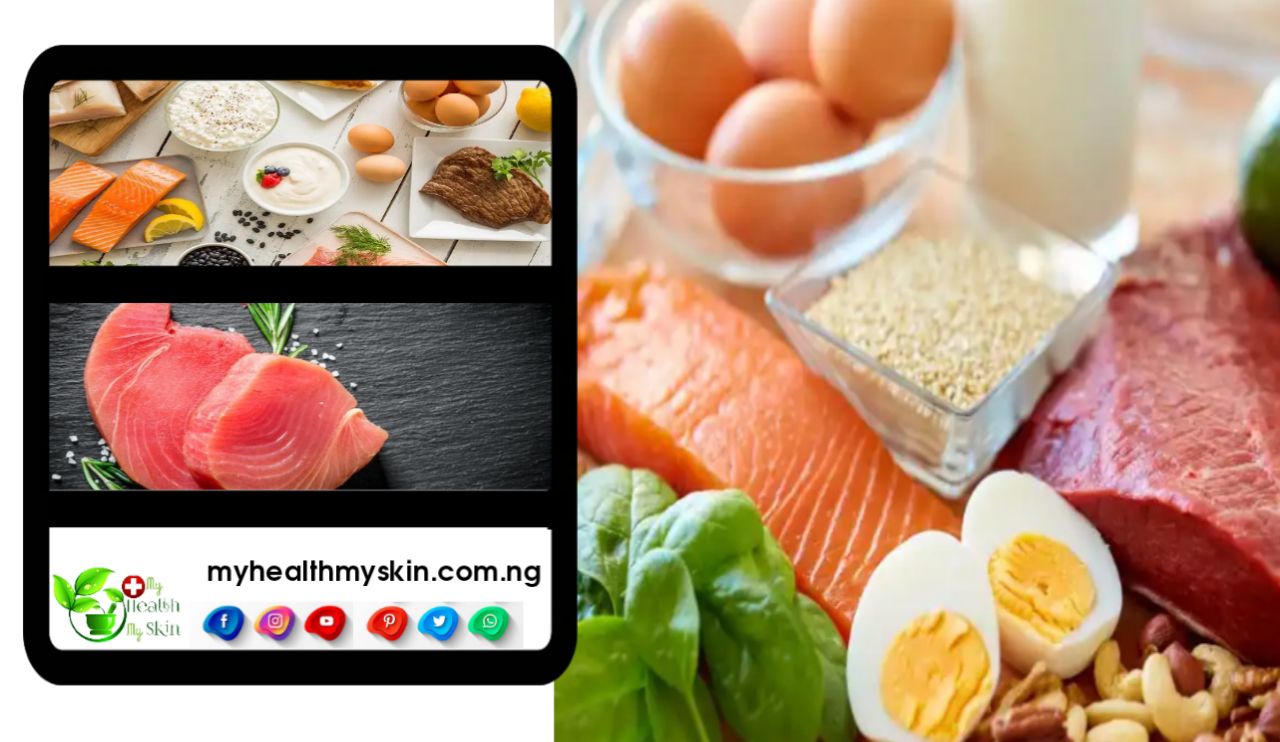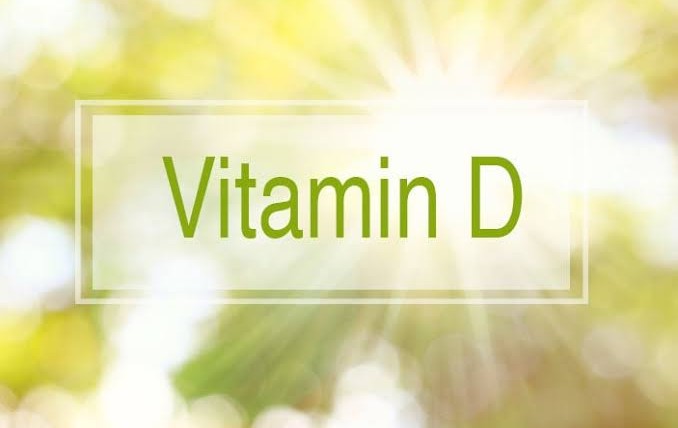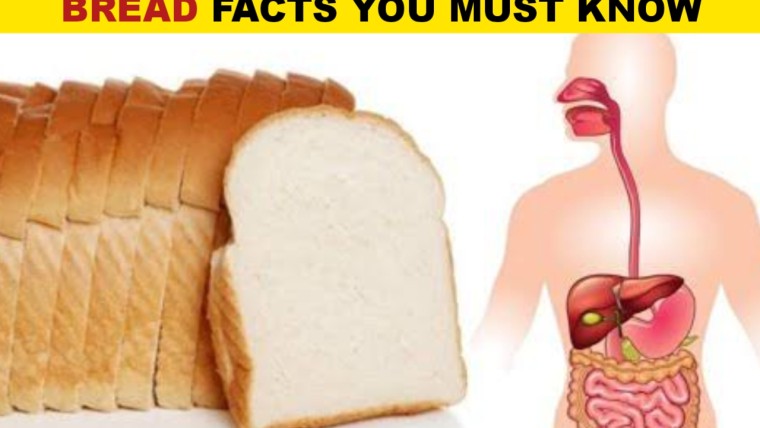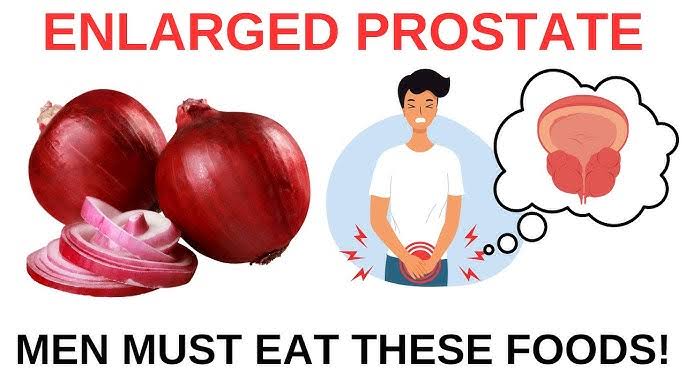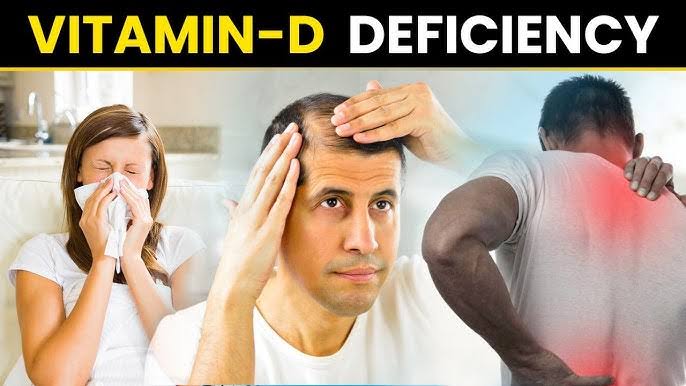Proteins are fundamental to our life, and for this reason it is so important to consume foods rich in this nutrient on a daily basis.
But, unlike what most people think, the importance of this nutrient goes far beyond the growth of muscle mass, since proteins are part of every cell in the body, including the immune system, hair and even bones.
So, understand a little more about the importance of proteins and discover 10 foods rich in this nutrient.
What are proteins?
Protein is a macronutrient made up of amino acids. It is present in all living beings, and actively participates in the functioning of the organism.
We can also divide the amino acids that form proteins into three groups:
- Essential, which we need to ingest daily, since our organism does not produce them.
- Non-essential, which are produced by our own body.
- Conditional, which are not produced by the organism, but are necessary in some stages of life, or in some pathological situations.
What about complete proteins, what are they?
We call complete those proteins that contain all the essential amino acids for the functioning of the organism.
The lean proteins
According to the United States Department of Agriculture (USDA), a lean protein is one that has less than 10 g of total fat, 4.5 g or less of saturated fat, and less than 95 mg of cholesterol. in a portion of approximately 100 g.
Therefore, this type of protein is ideal for those who need or want to lose weight, while meeting the body’s daily needs.
10 protein-rich foods
Now that we understand the importance of proteins for the proper functioning of the body, let’s check a list that brings some lean foods that are rich in this nutrient:
1. Skinless chicken breast
First on our list is chicken breast, an excellent source of lean, complete protein.
This food, like most white meat, contains a lower amount of fat than that found in red meat, which makes chicken breast a good option for those who need to lose weight.
2. Skimmed milk
Skimmed milk is a protein food, with about 6 g of protein per 200 ml portion, which contains practically no fat, since it goes through a process of removing the cream.
Therefore, he is a great option for those who follow a slimming diet, and is ideal to consume, for example, for breakfast.
3. Eggs
Eggs are considered to be high in lean protein, as a large hard-boiled egg provides about 6 g of protein, as well as containing good amounts of vitamins, such as the B-complex ones.
4. Plain yogurt
Just like skimmed milk, natural yogurt can be a great ally for weight loss, in addition to containing approximately 10 g of protein for every 100 g of the product.
However, it is important to pay attention to the supplements added to the yogurt, to avoid those with more calories.
5. Tuna
Another simple and convenient source of protein is tuna, either fresh or canned, both of which contain approximately 25 g of the nutrient per 100 g.
However, in the case of canned tuna, it is necessary to pay attention to the sodium content of the food, always giving preference to those that contain less salt.
6. Low-fat cheeses
Reduced-fat cheeses, such as cottage cheese and ricotta, are examples of foods high in lean protein.
Another advantage of dairy products is that they are also included in the list of foods classified as complete proteins, with about 10 g of protein per 100 g serving of cheese.
7. Soy
Soybean is one of the main sources of protein for people who follow a vegetarian and vegan diet, having almost 4 grams of protein for every 100 g of cooked grain.
It may seem little, especially when compared to the main animal sources. But when soy is included in a balanced diet, it contributes a lot to the final amount of daily protein.
In addition, there are several other foods made from soybeans, which contain good amounts of protein and other nutrients. Some of them are:
- Tofu
- Soy milk
- Textured soy protein.
8. Chickpeas
Chickpeas are another food option rich in plant proteins, containing between 8 and 16 g of protein in each 100 g serving, depending on the species of grain.
Another benefit of chickpeas and other plant-based protein sources is their dietary fiber content, which helps support healthy bowel function.
9. Pisces
Fish in general are an excellent source of complete lean protein, and most fish contain between 16 and 26 g of protein per 100 g of food.
But it is important to be aware of the amount of fat that some fish may contain, and the way they are prepared.
10. Quinoa
Another example of food classified as complete vegetable protein is quinoa, a grain that has 13.8 g of protein per 100 g of food.
In addition, it is an excellent source of fiber and unsaturated fats, making it a great complete protein option for vegetarians as well.
Protein sources that should be consumed with caution
There are also other foods that can help you reach your daily protein target, although they should be consumed in moderation due to the amount of fat they can contain. Are they:
- Peanut butter
- Nuts and other oilseeds
- Fattier cuts of red meat
- Chicken thigh and over thigh
- Sausages and other sausages
These foods, despite having proteins of high biological value, contain significant amounts of fat, and should not be the main sources of this nutrient in the diet.
Therefore, they should be consumed on special occasions, such as at family events, or as a complement to meals, such as peanut butter and other oilseeds.
Quick links:
- 16 Health Benefits of Snail in Our Diets
- A Detailed Guide to 60 Of The World’s Healthiest Foods in the Supermarket And Ways To Incorporate Them Into Your Diet
How much protein should I consume?
This is an extremely common question, and an equally difficult one to answer.
This difficulty is due to the fact that daily nutrient requirements vary greatly, according to some individual characteristics, such as:
- Age
- Weight
- Height
- Metabolism
- Presence or not of any disease
- Performing physical activity
- Variations in nutrient absorption
- Type of diet
- Medication use
Therefore, it is essential to look for a nutrition professional, who will carry out a complete assessment and define the appropriate amounts of each nutrient in the diet.
We hope this article helped you learn 10 Foods Rich In Lean and Complete Proteins. You may also want to learn about Low Carb Diet – What Is It, How To Do It And What Are The Benefits, or check out our Diet & Nutrition category.
If you liked this article, then please share on your social networks and stay tuned for upcoming articles. You can also find us on Telegram and Facebook.

